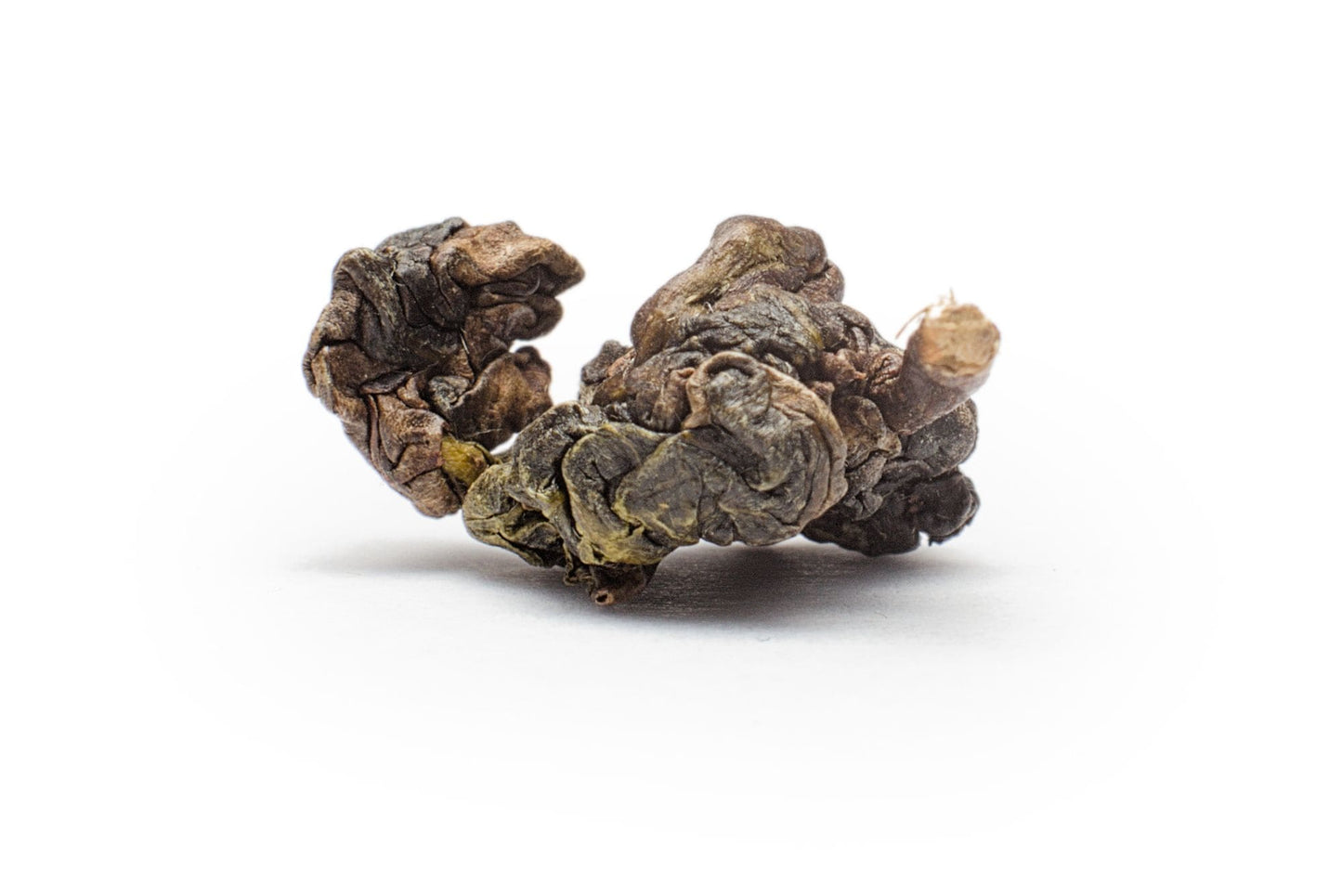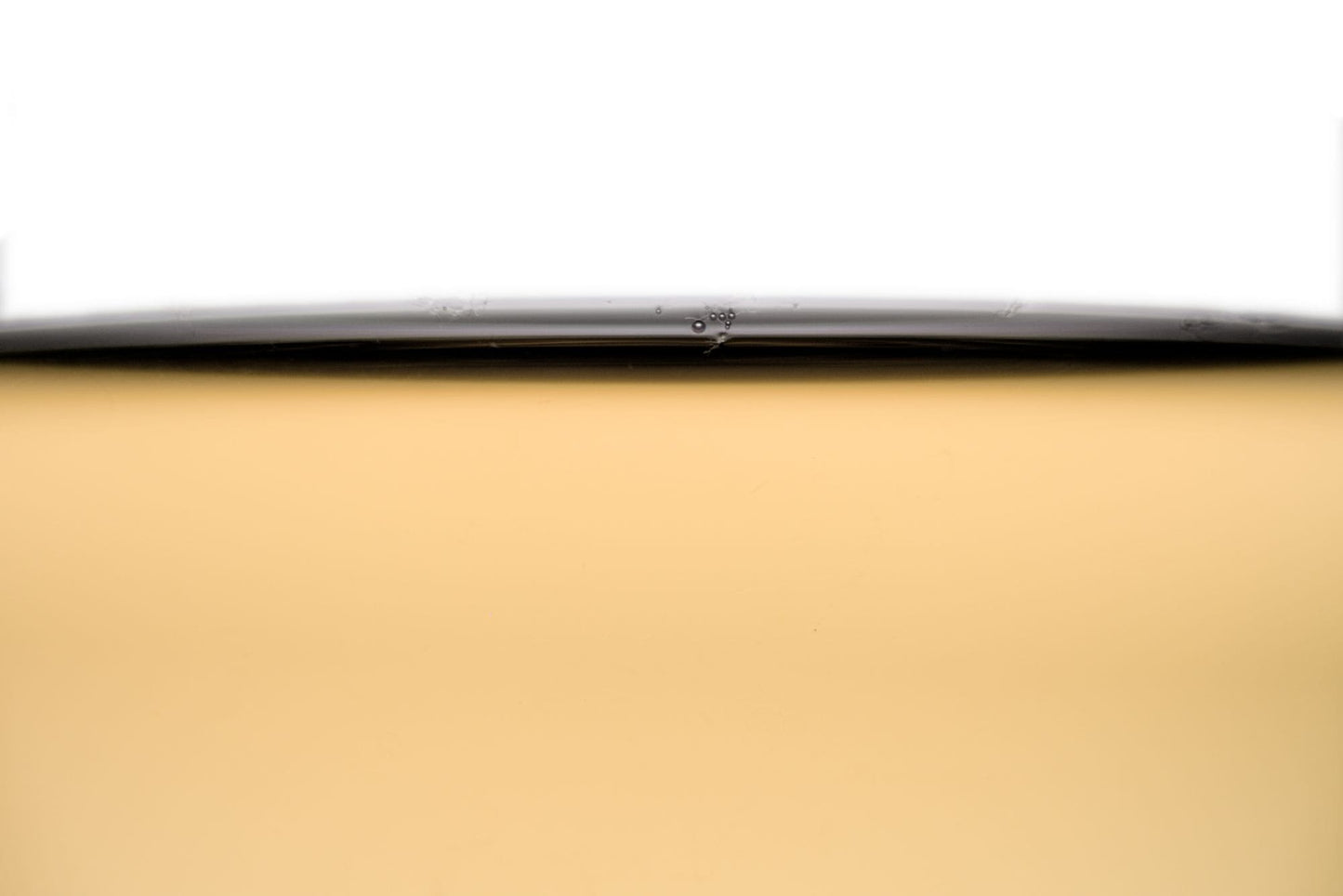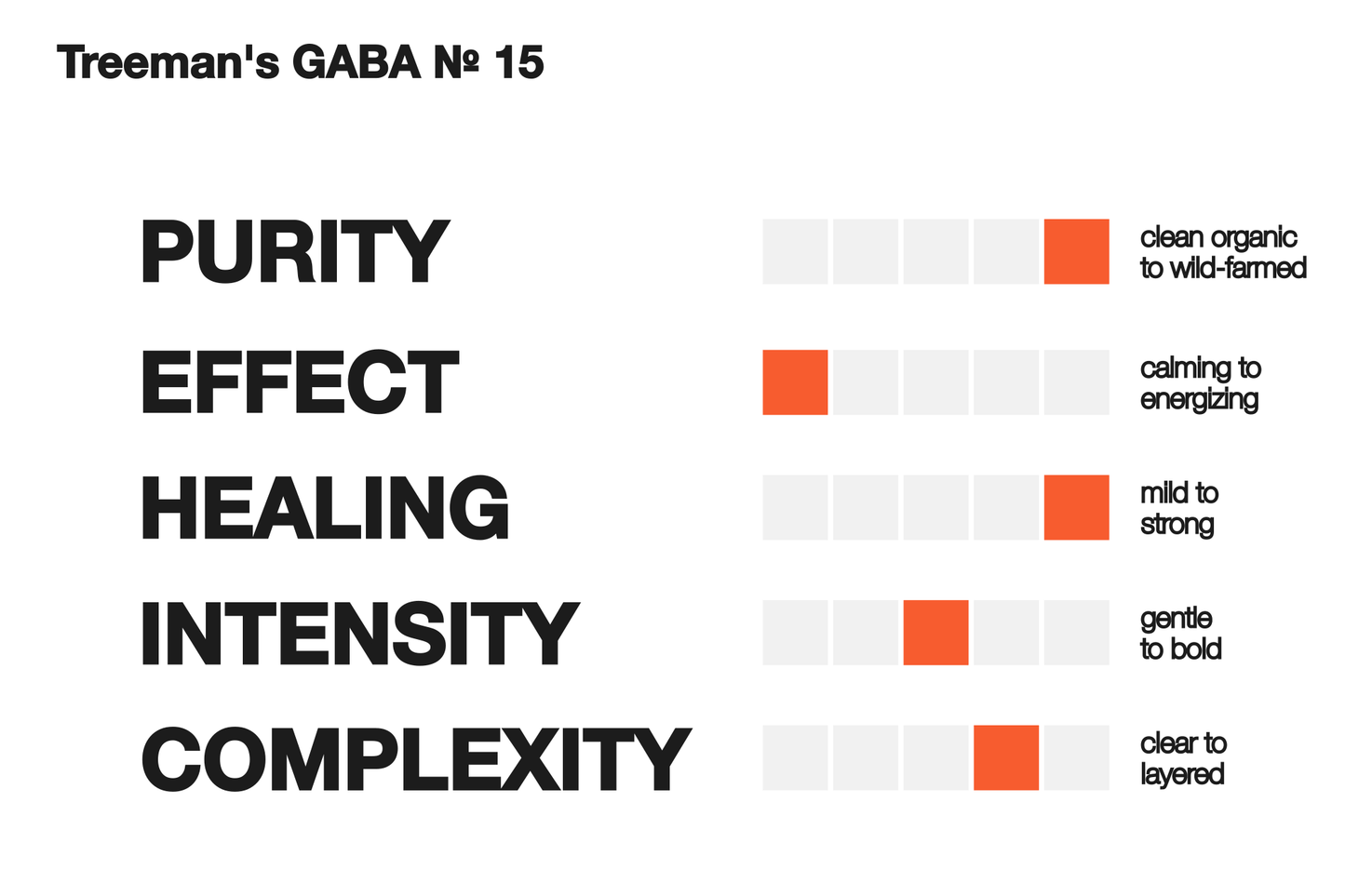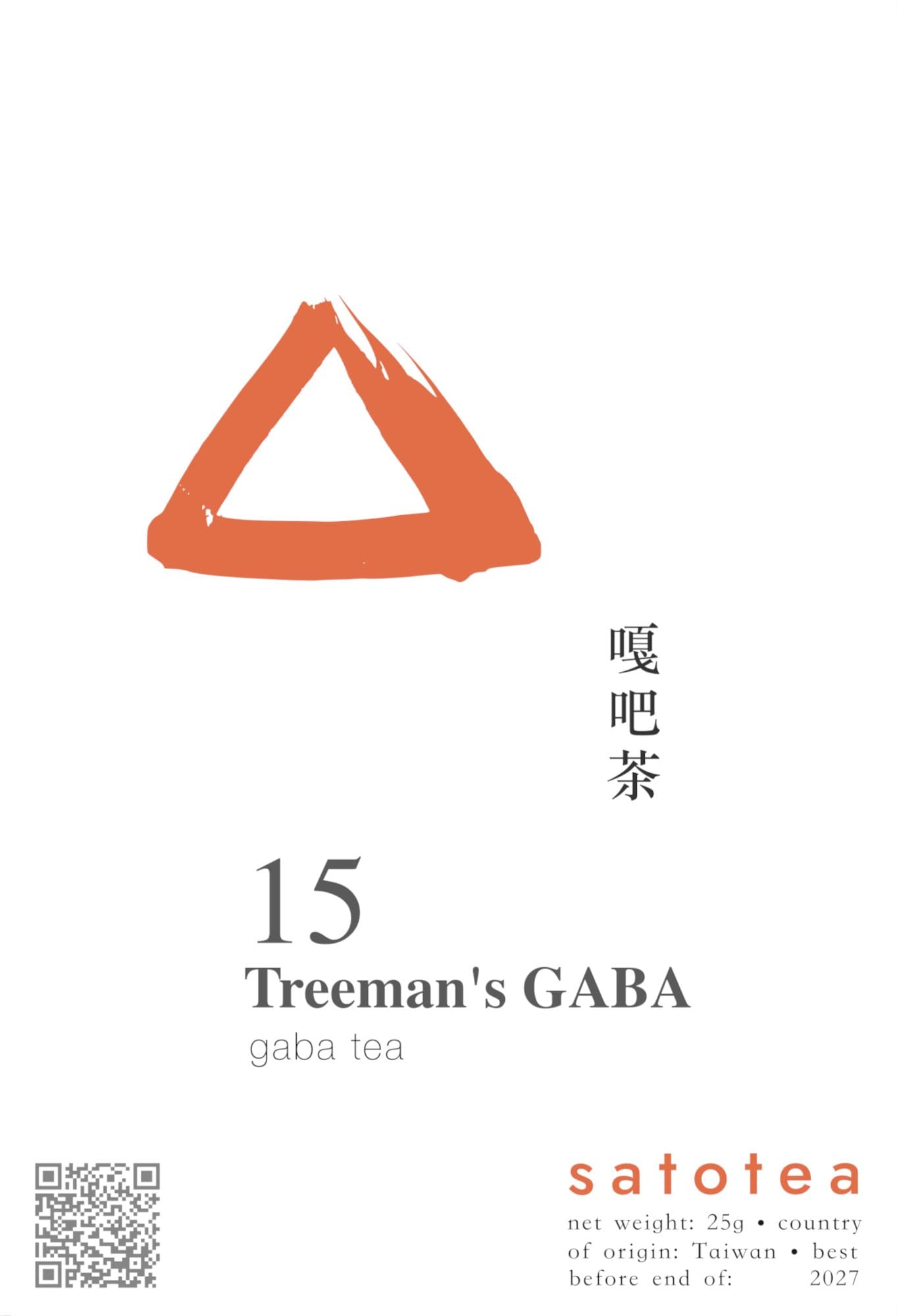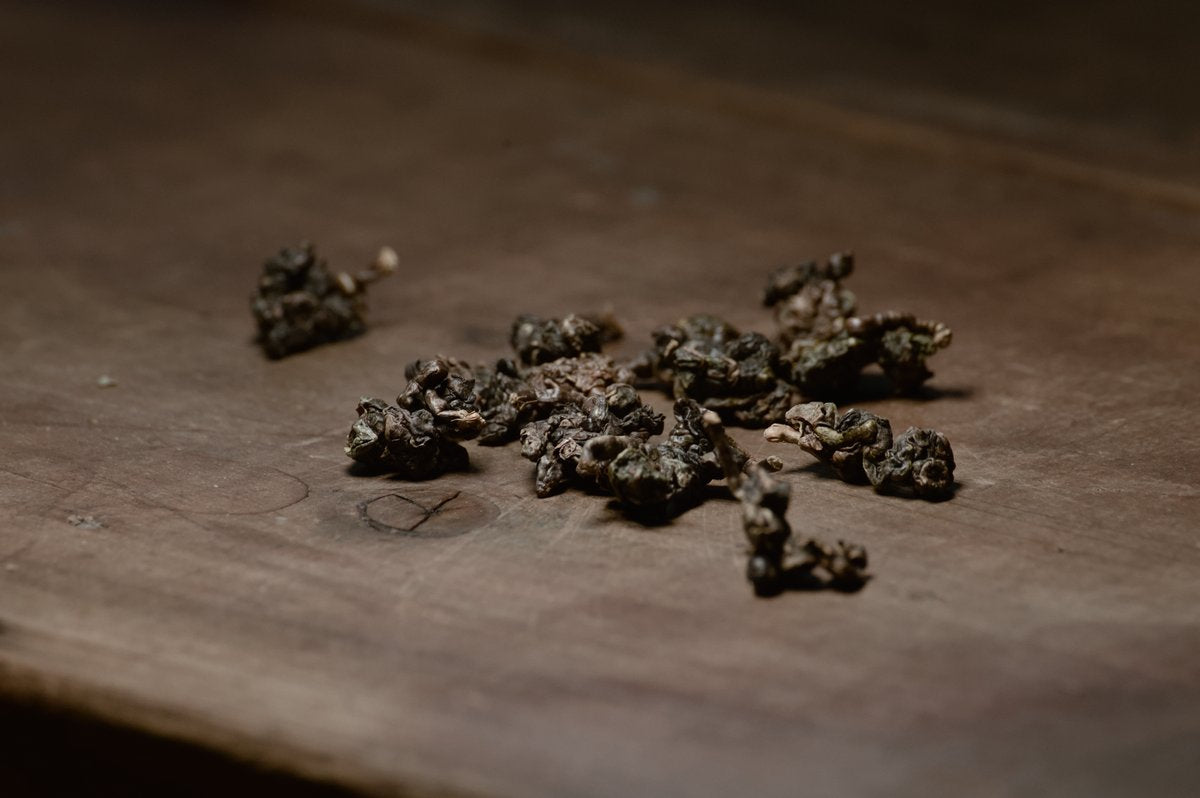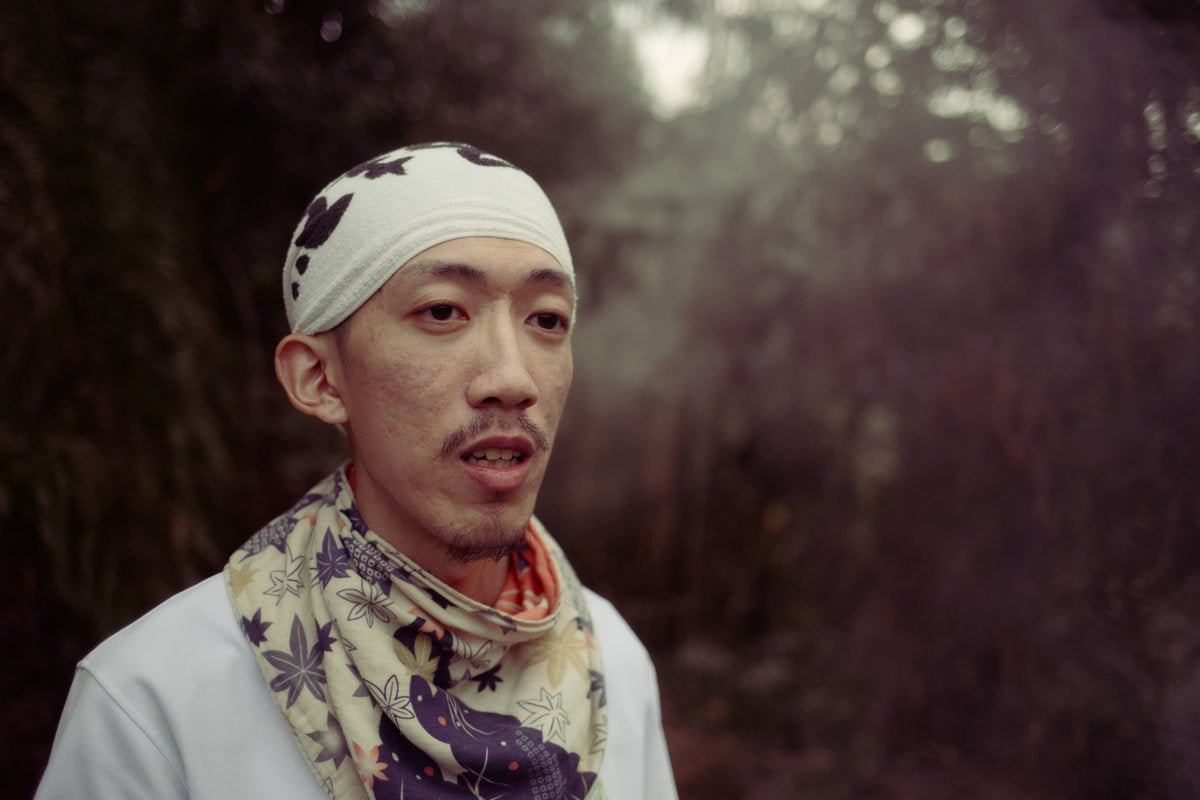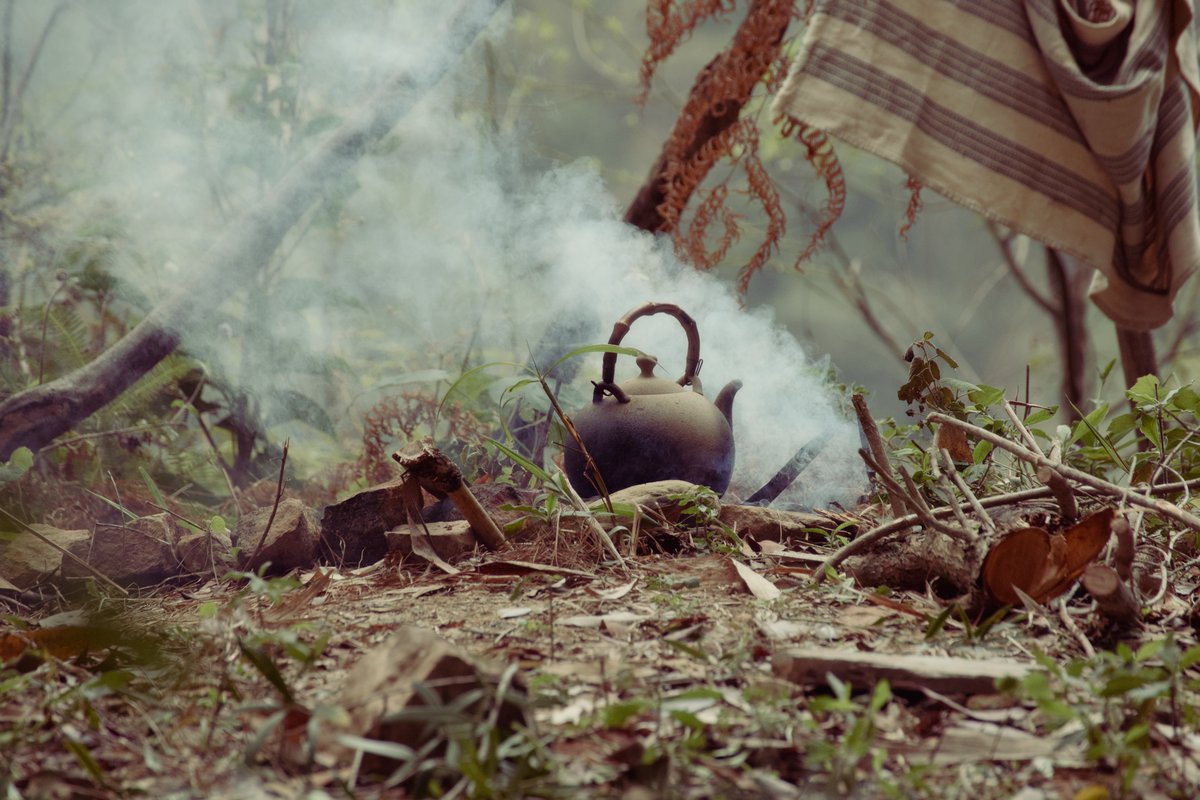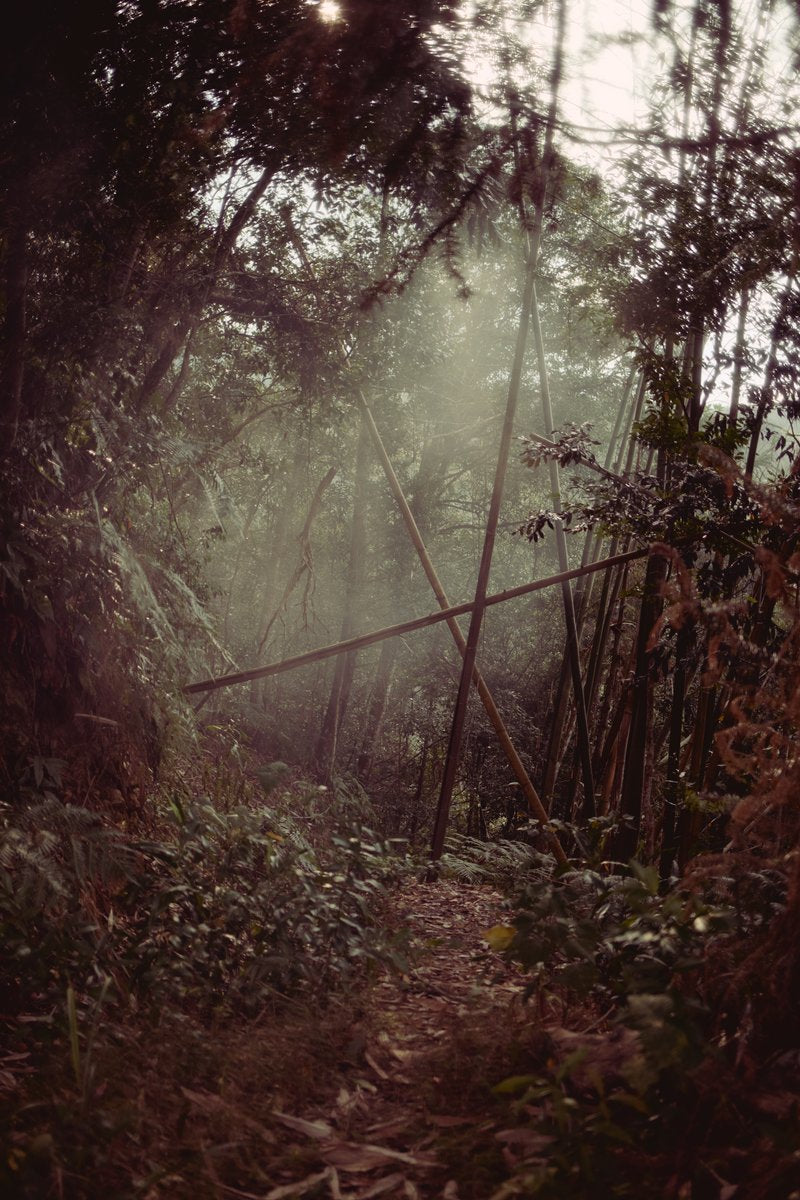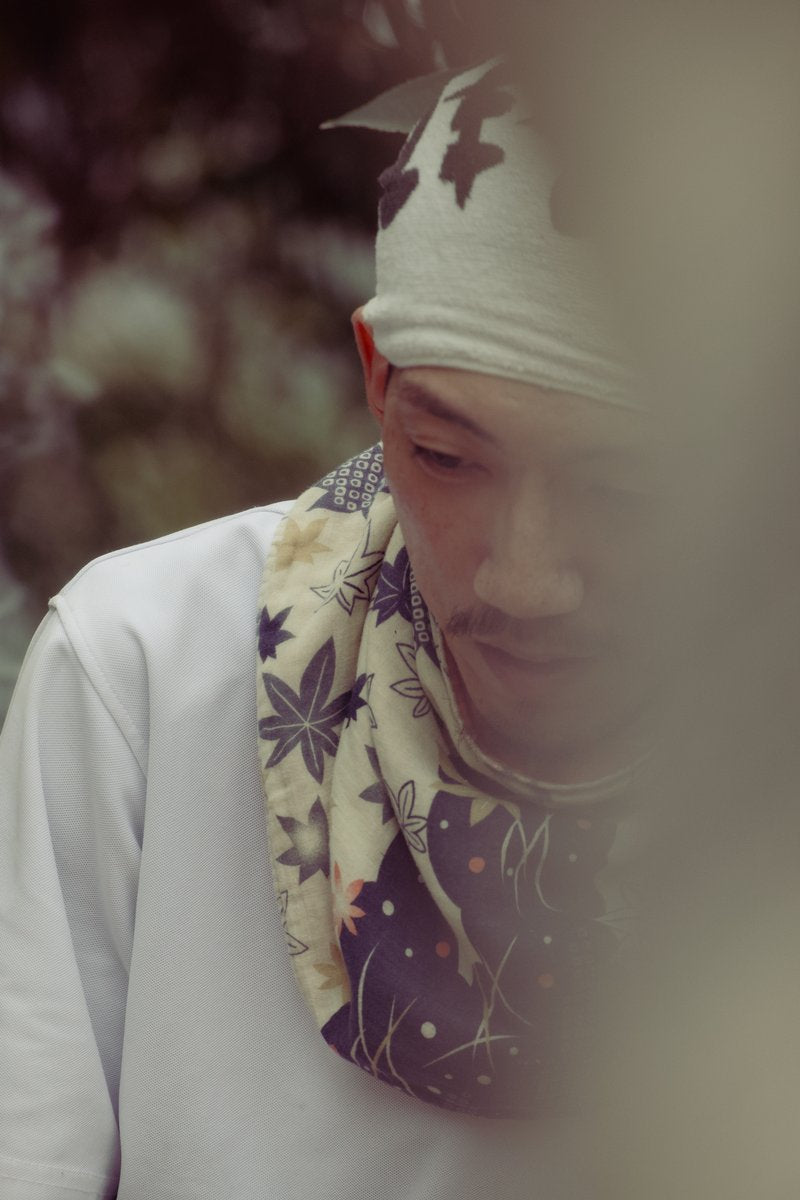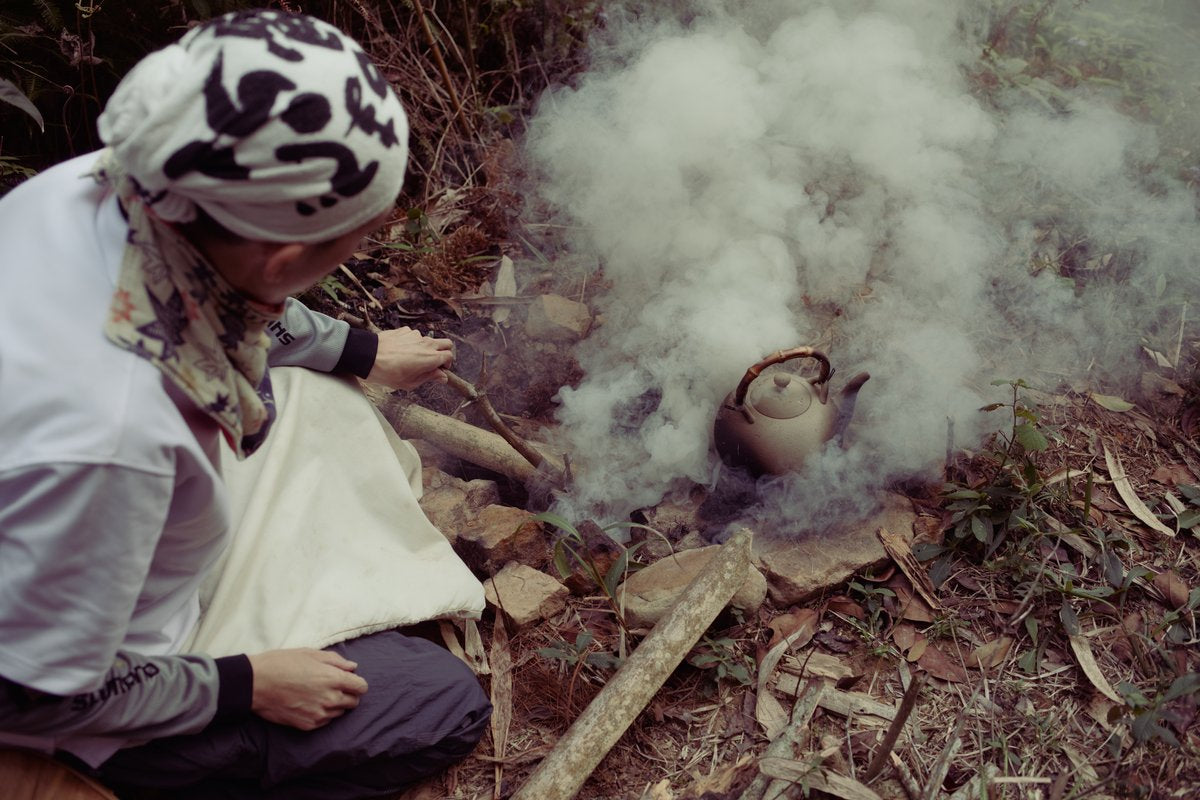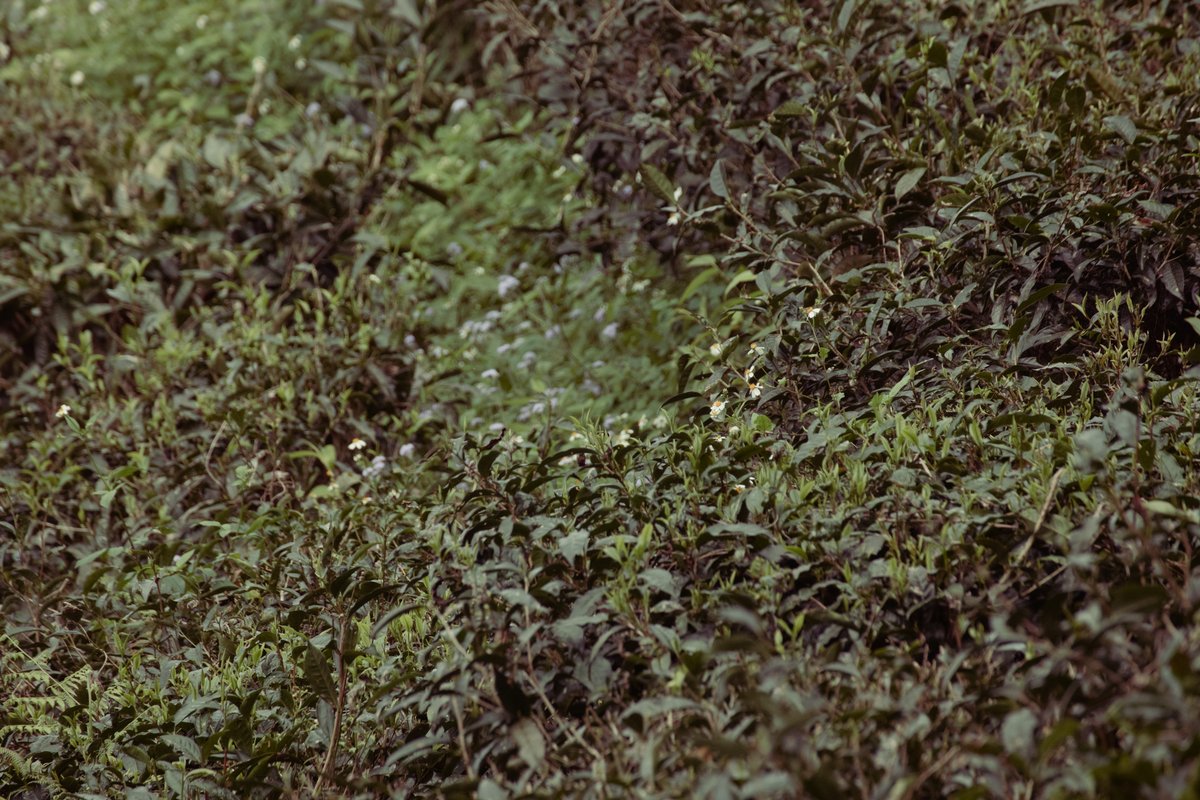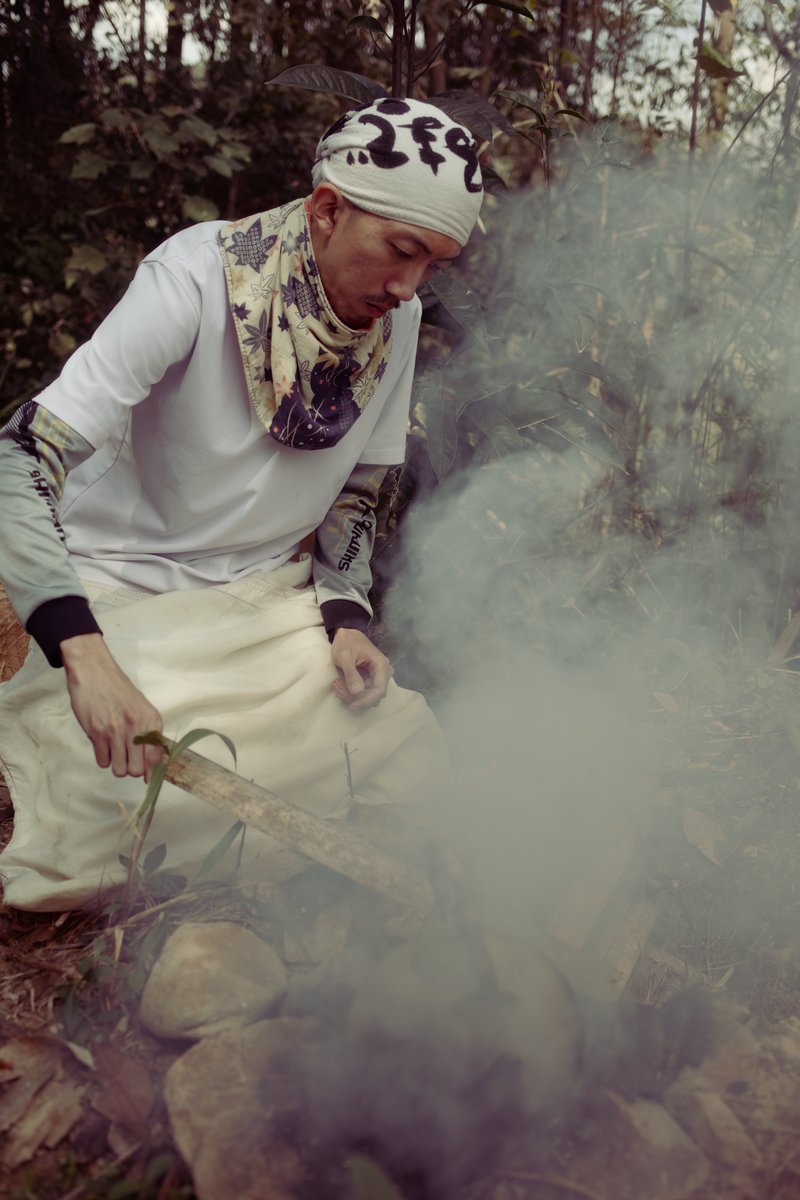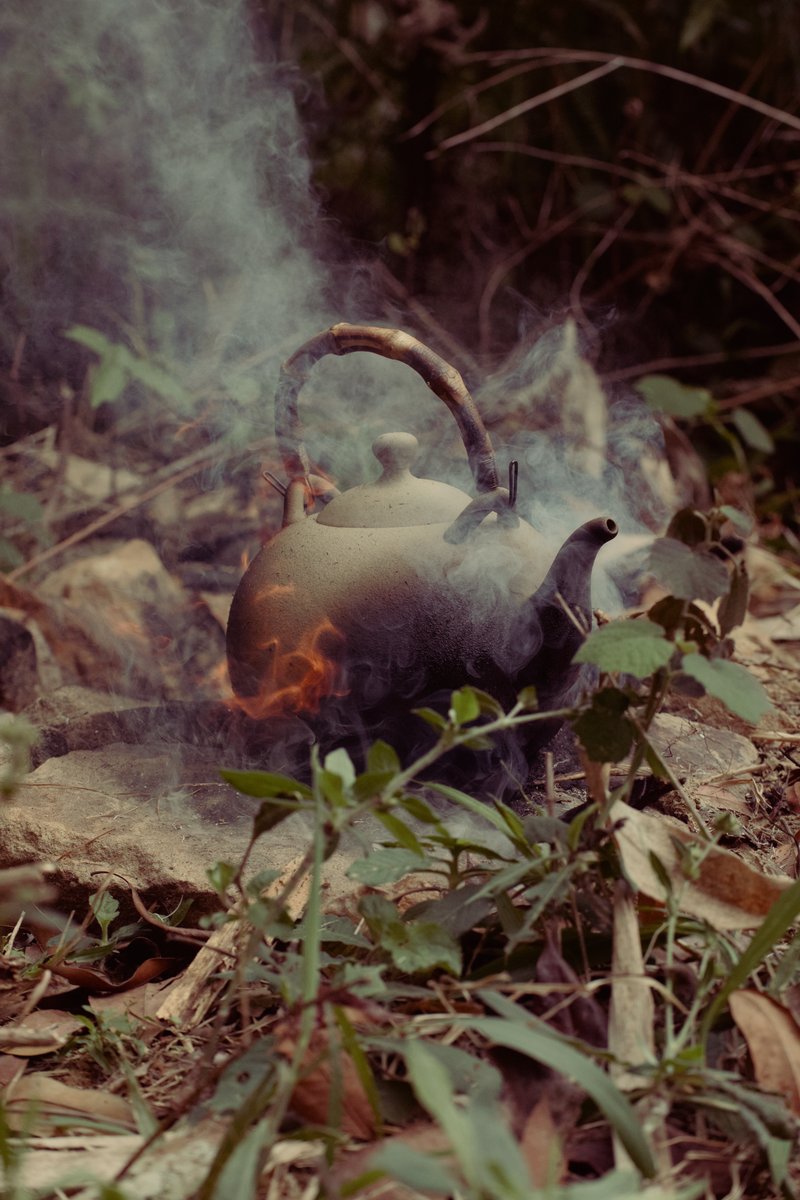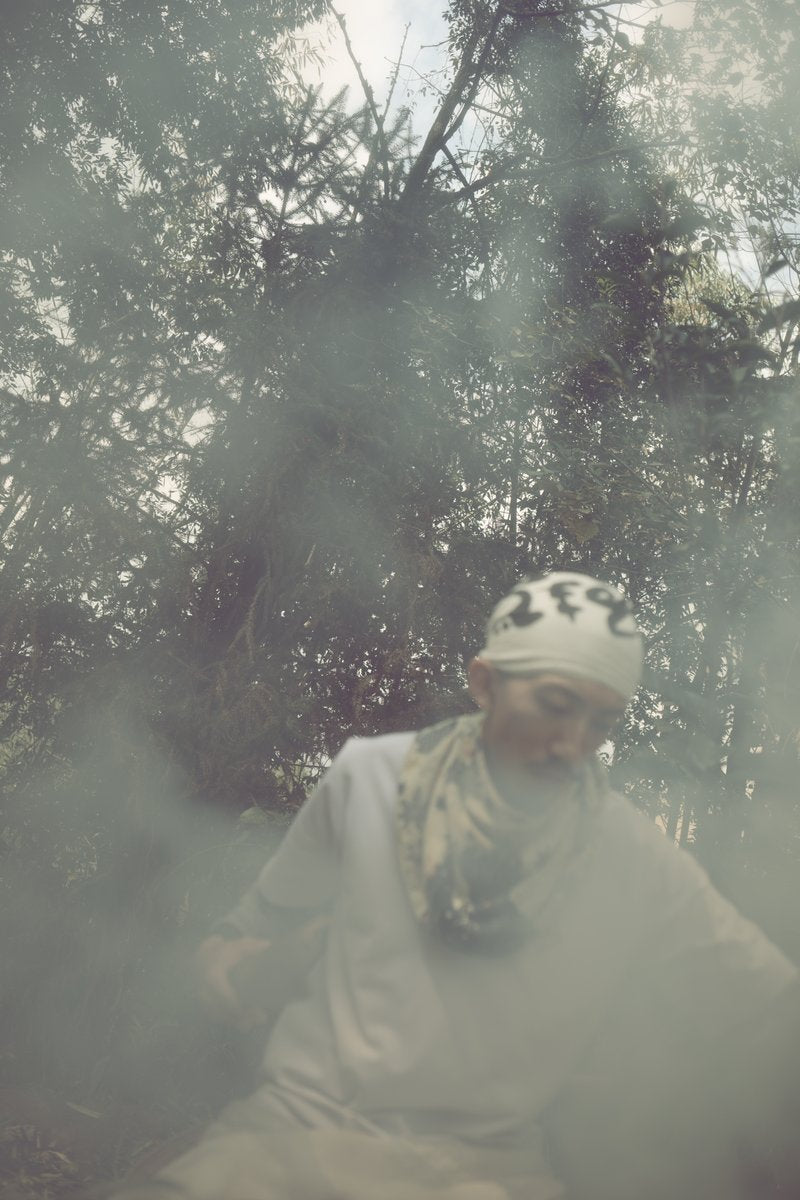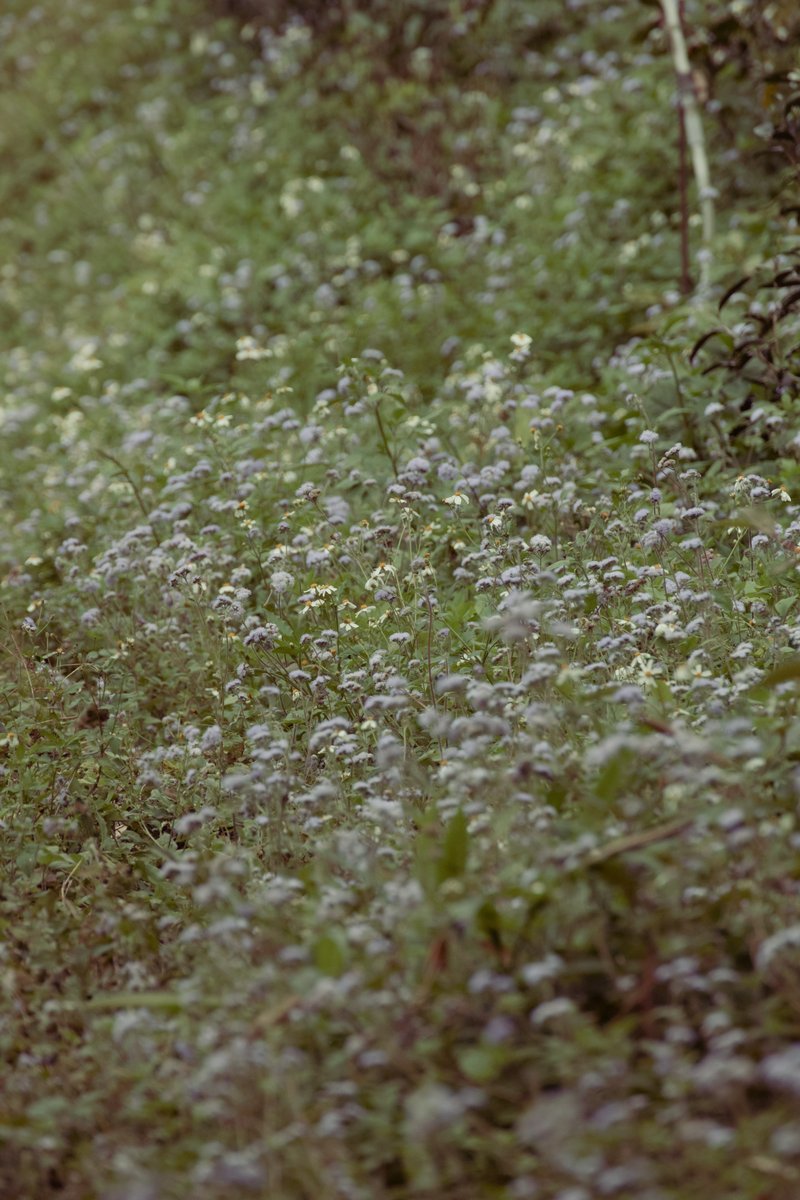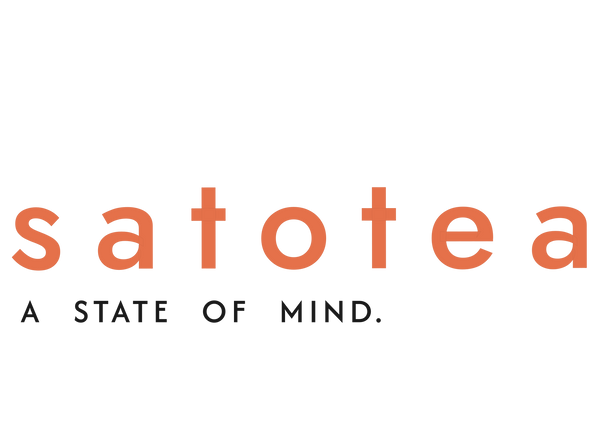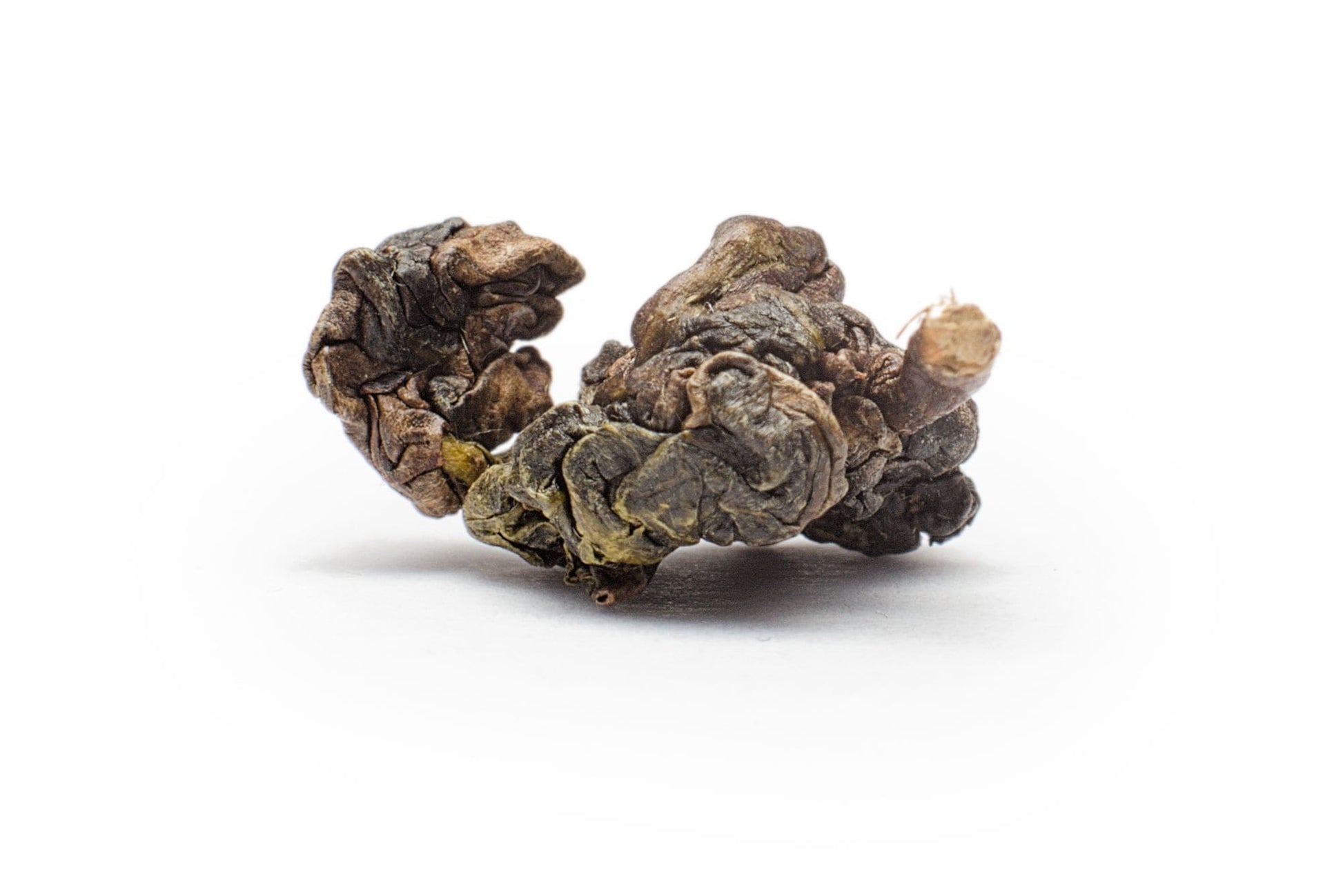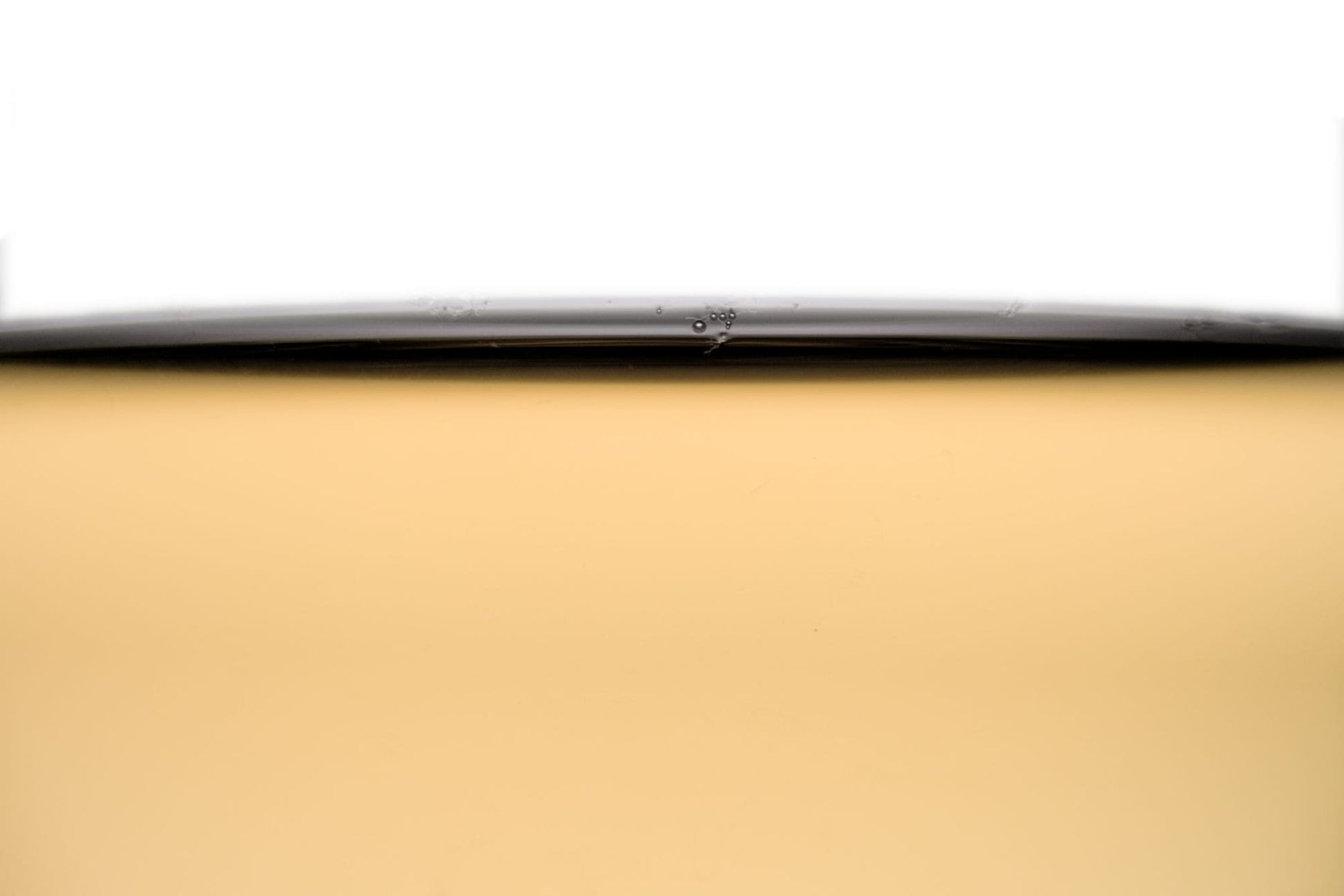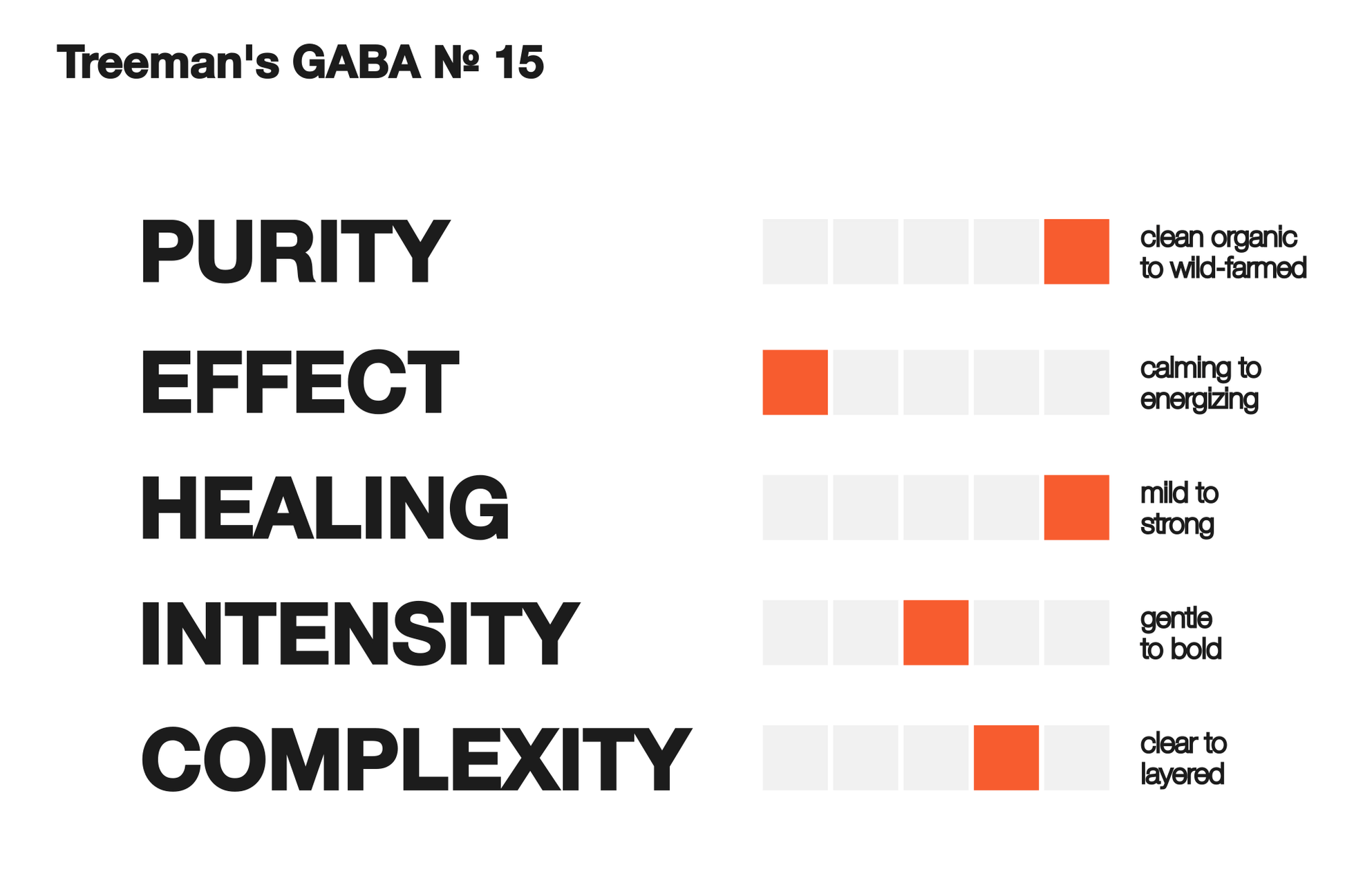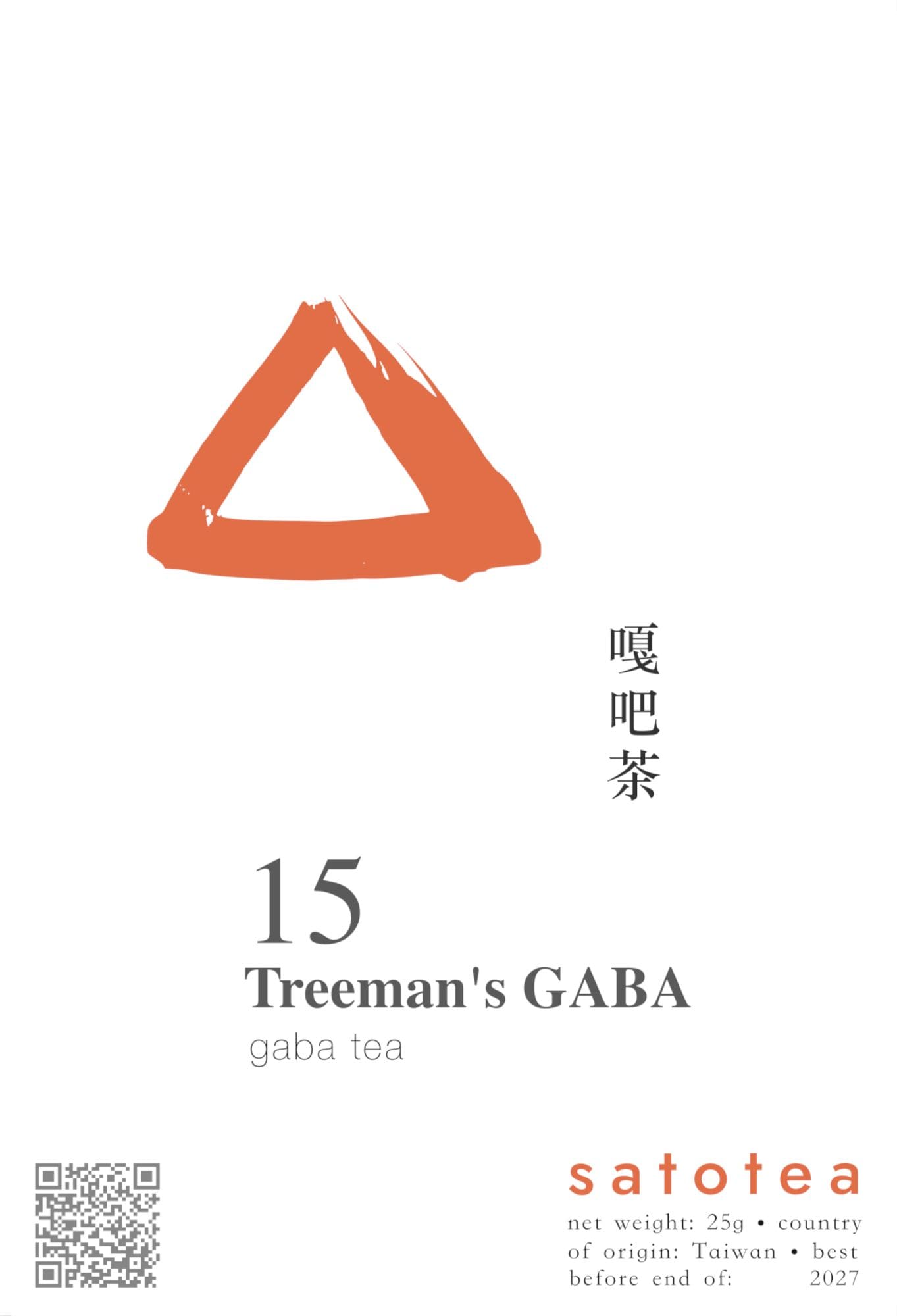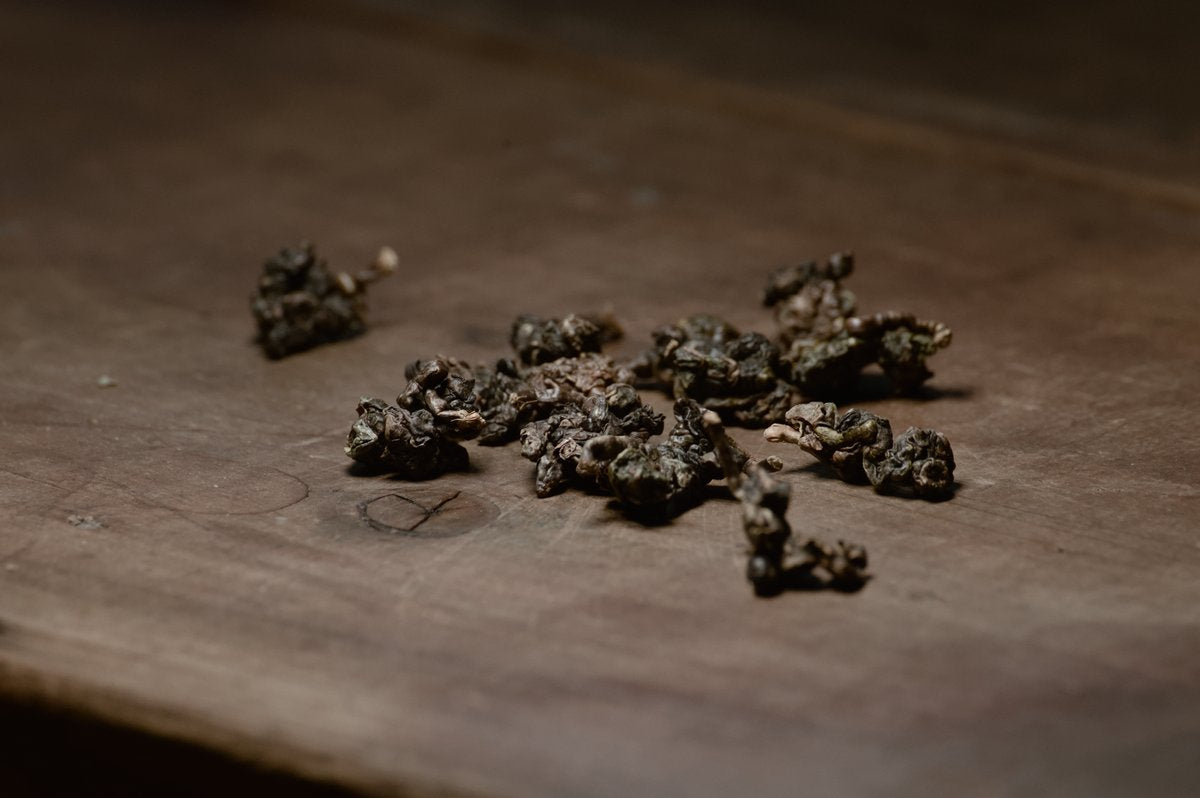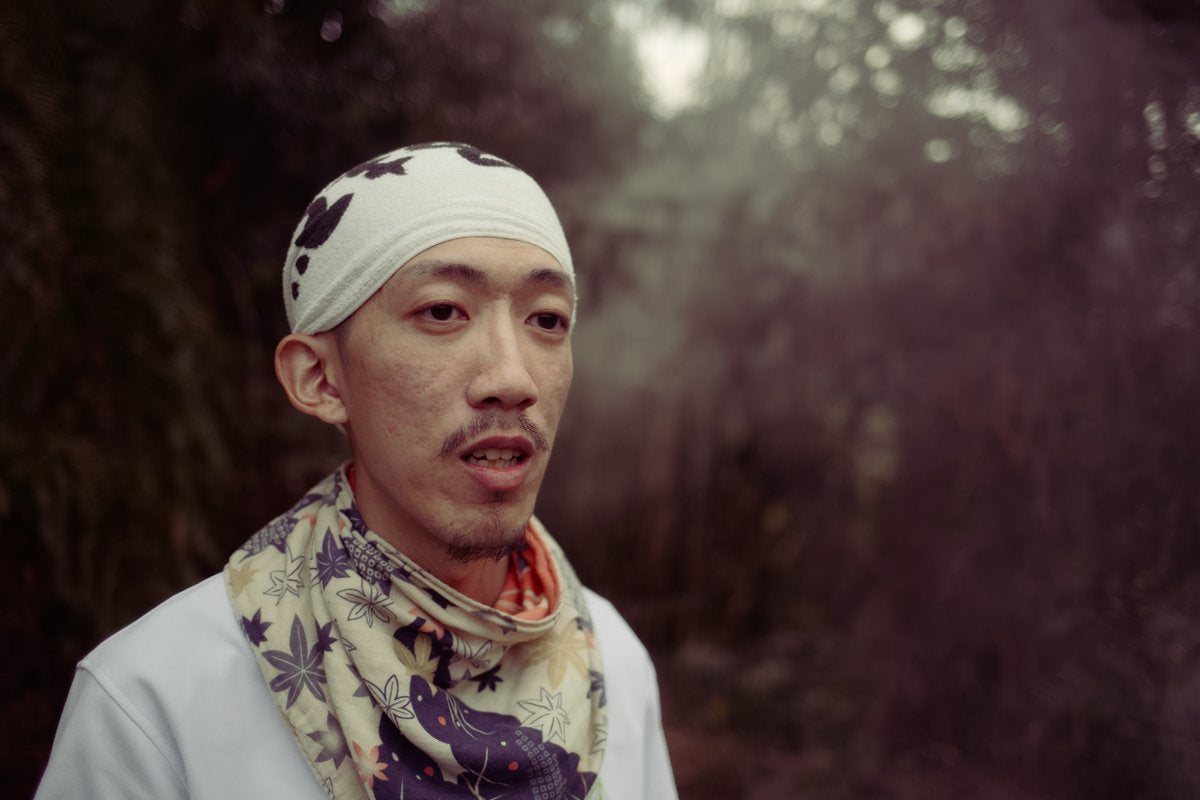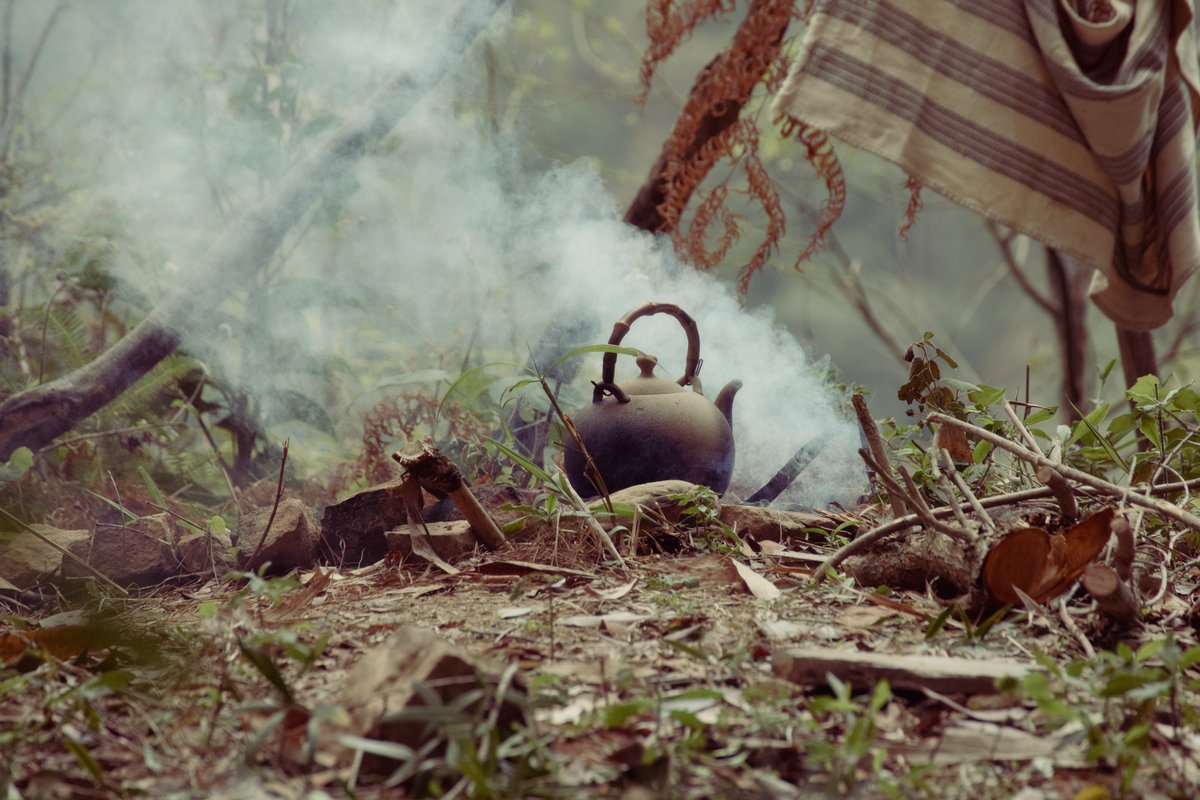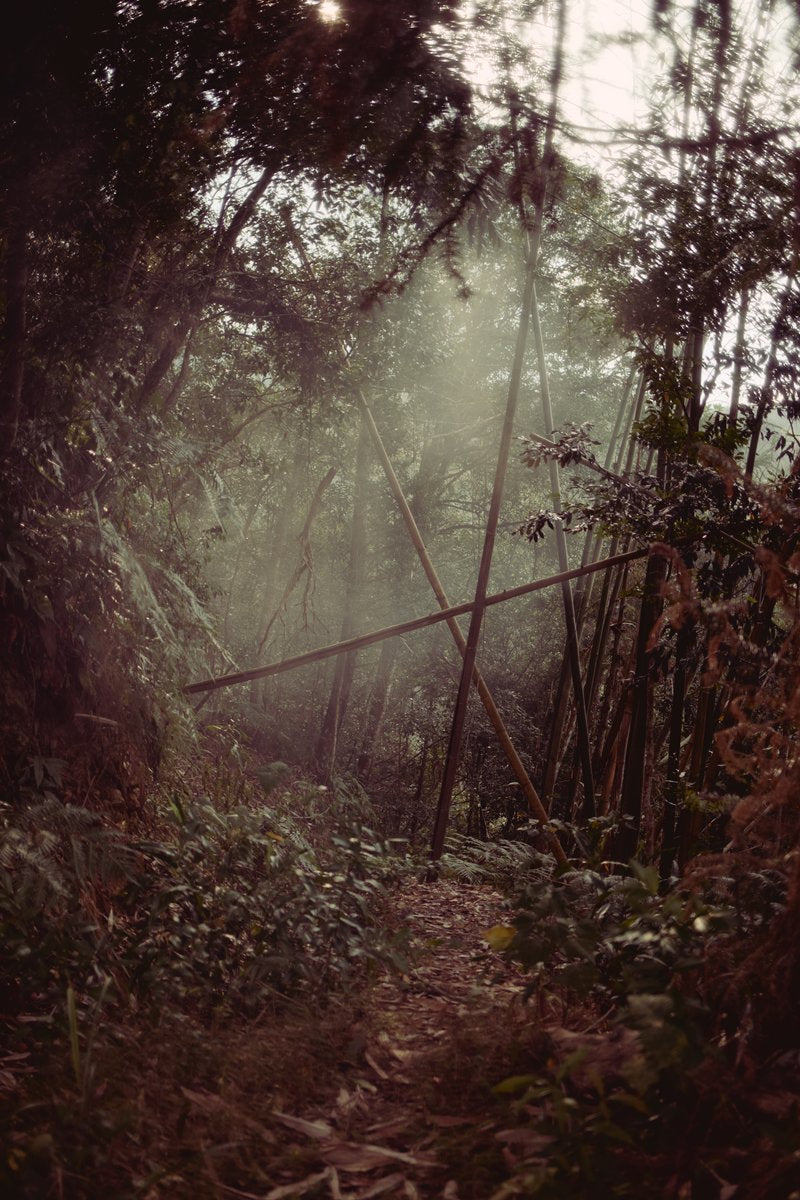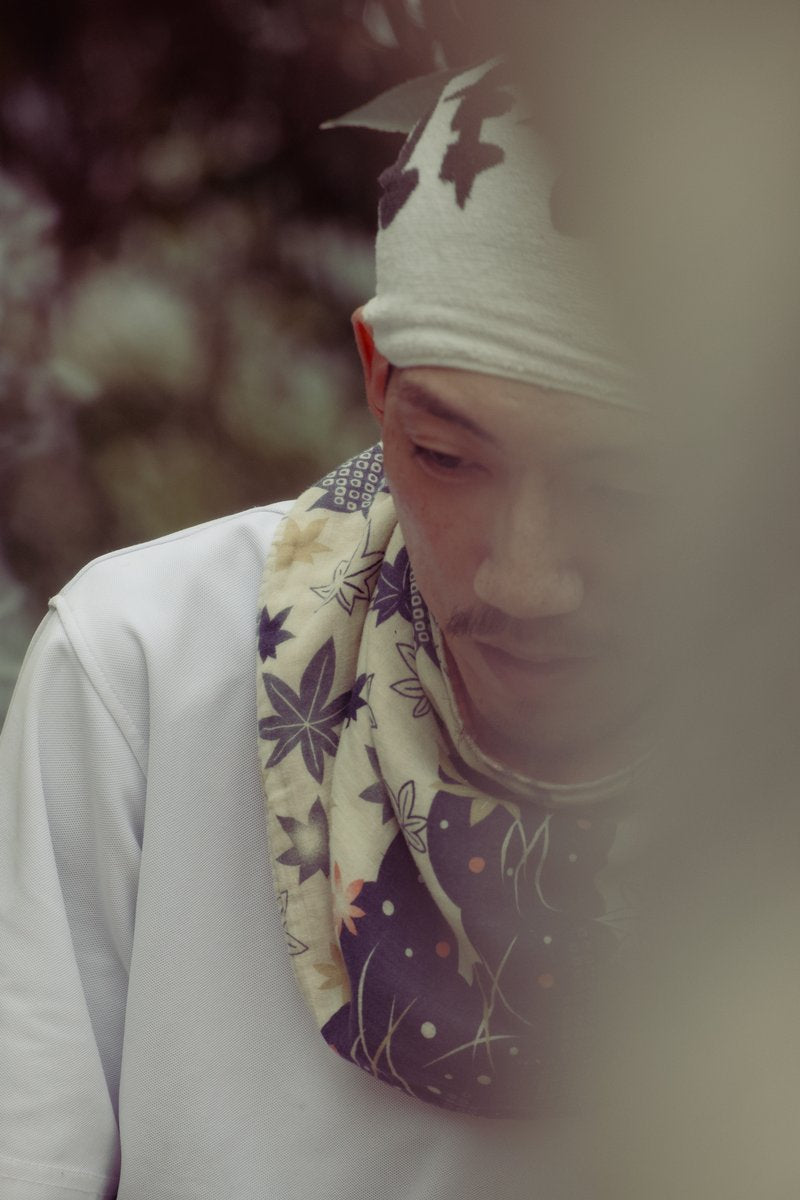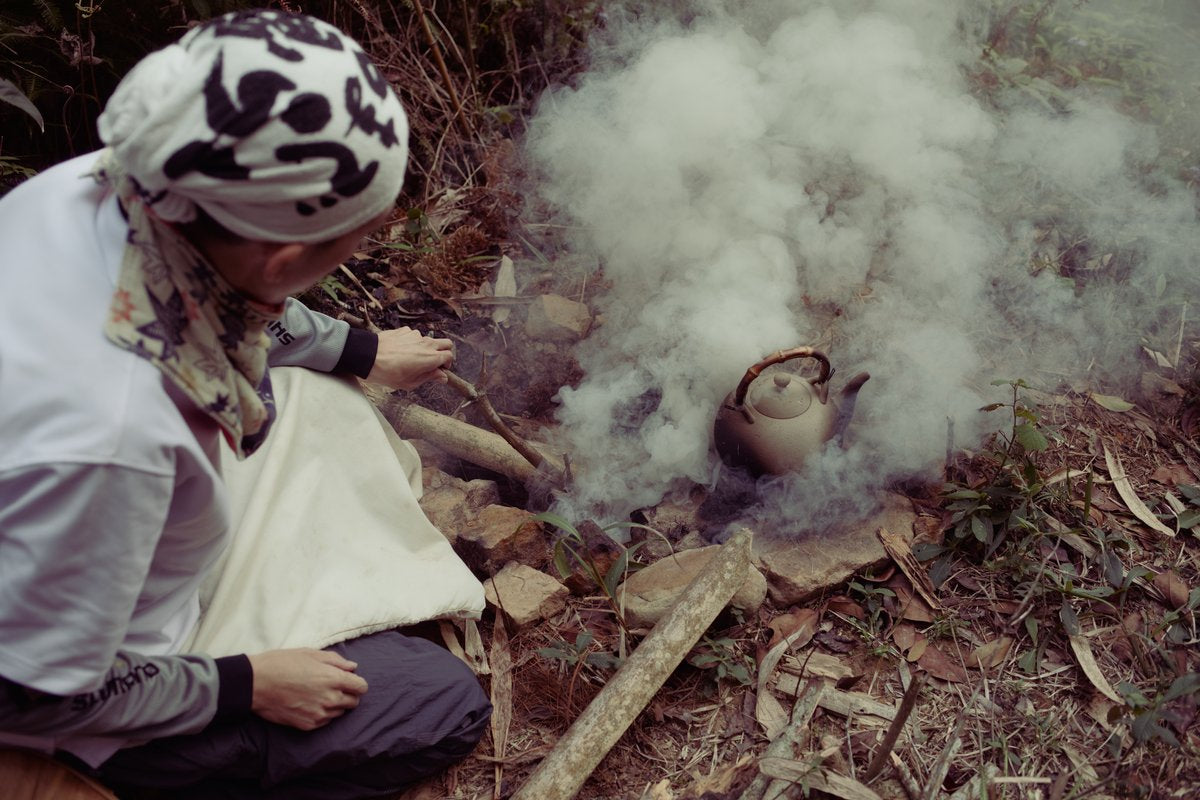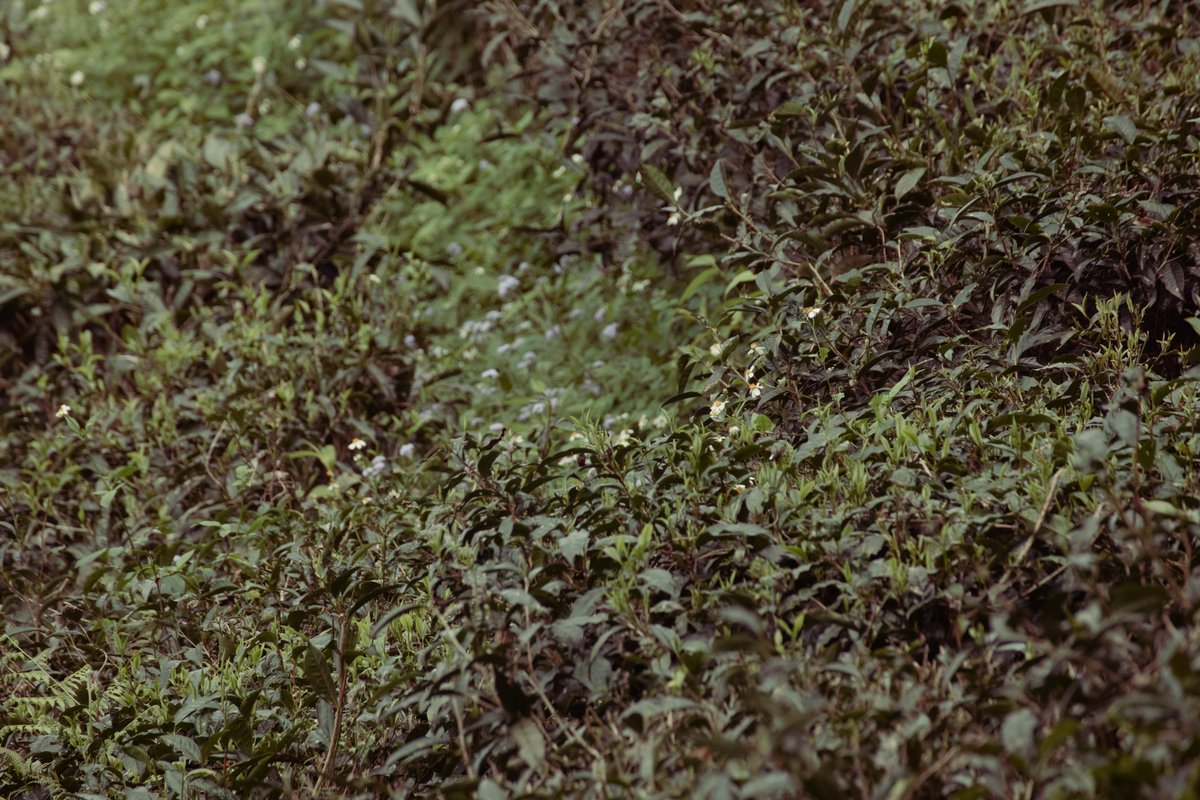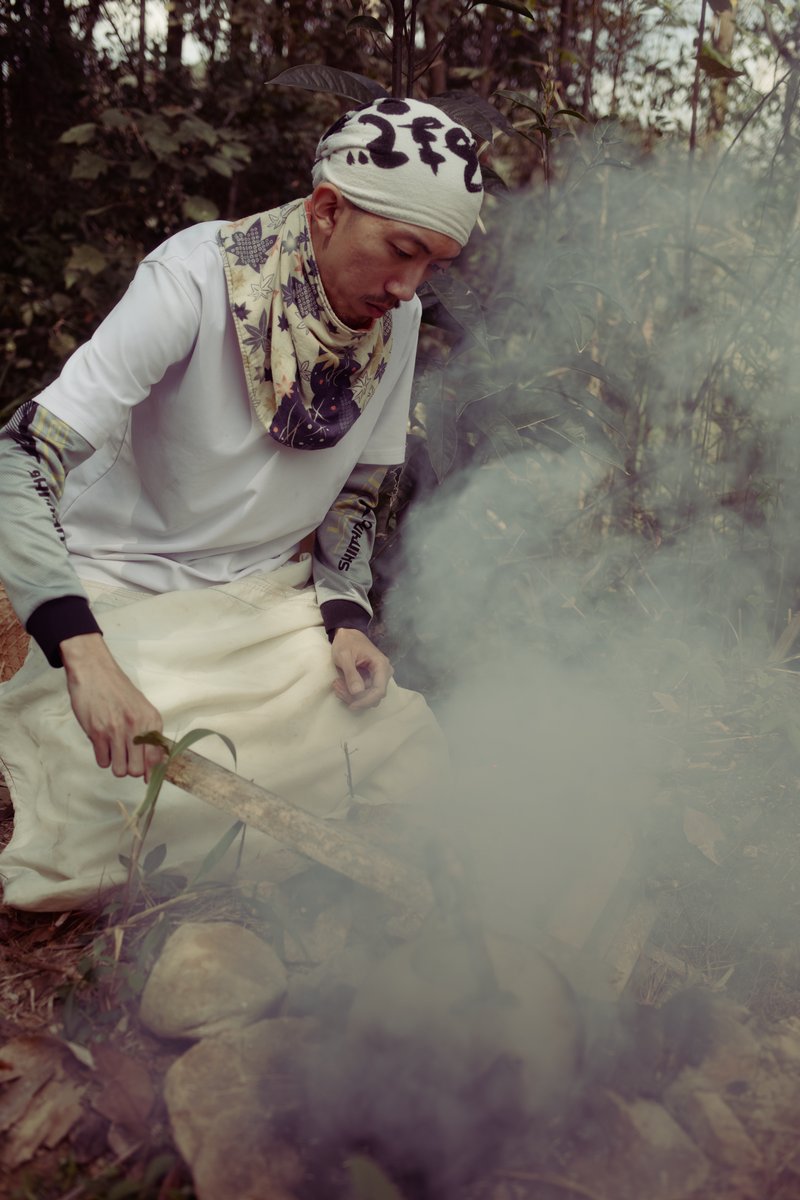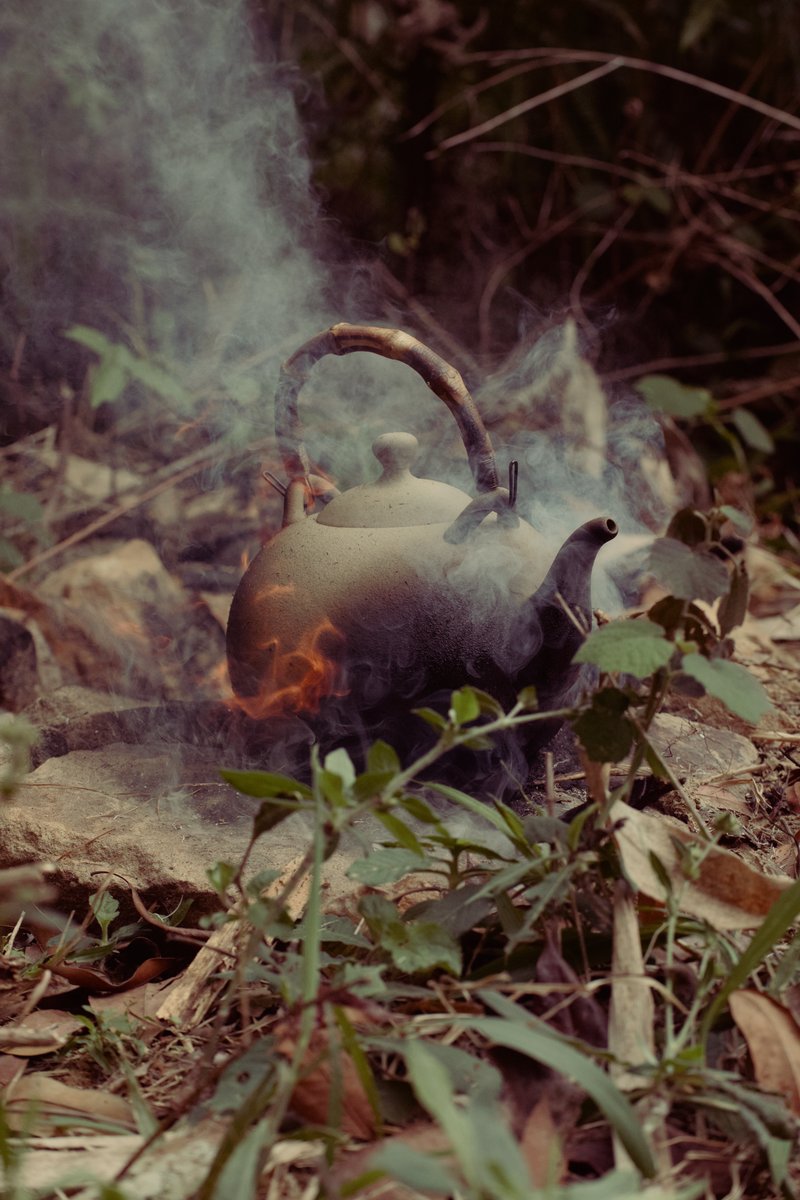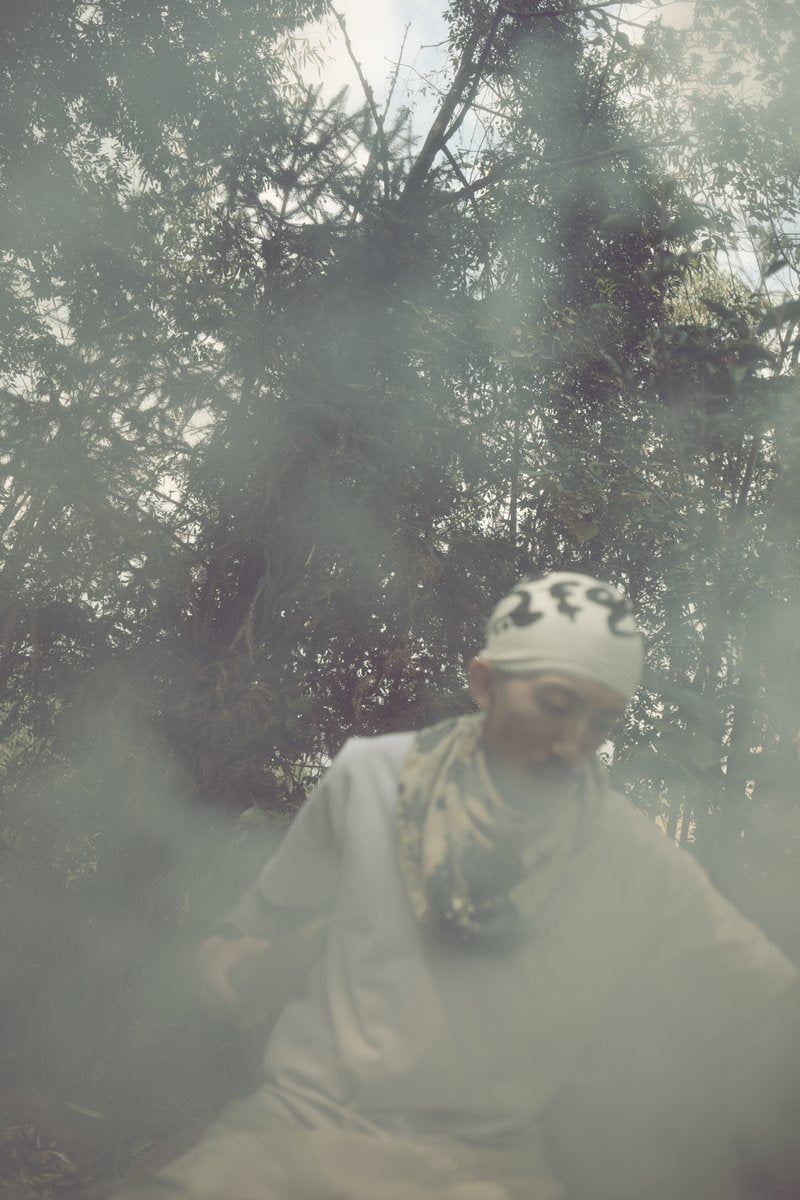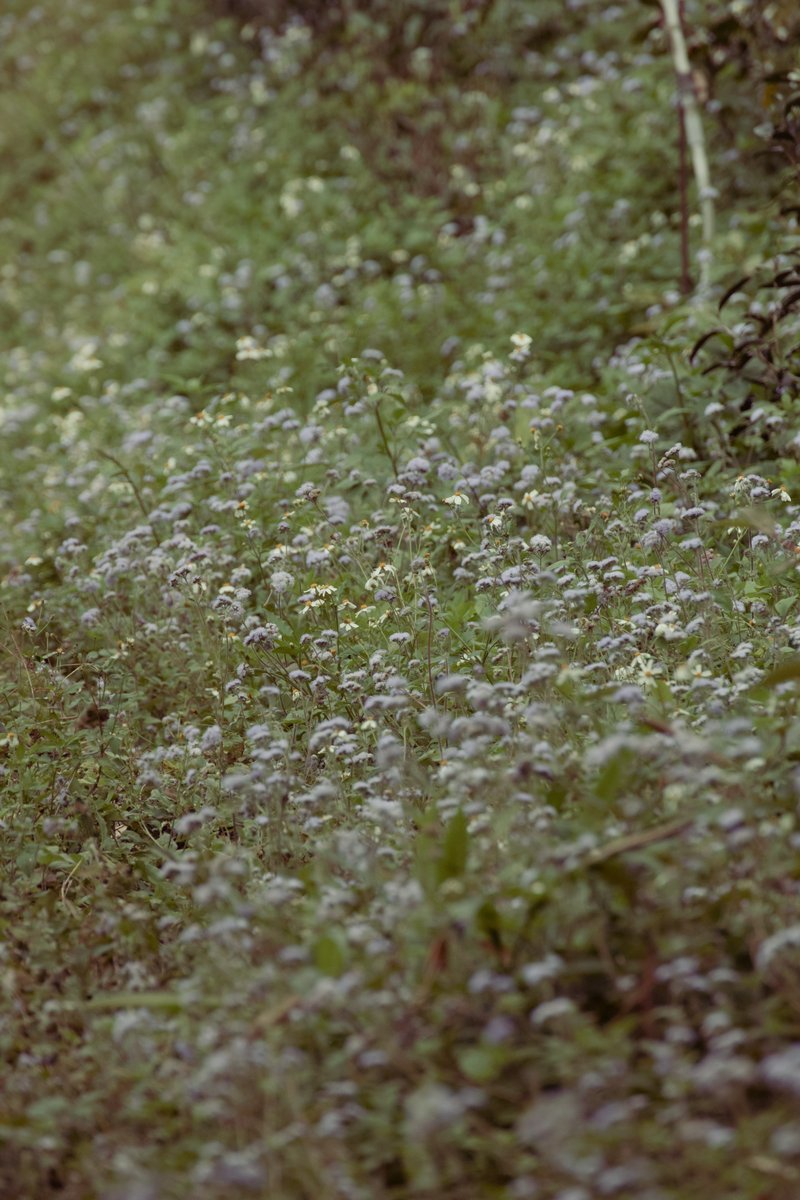Treeman's GABA № 15 (GABA)
Treeman's GABA № 15 (GABA)
Couldn't load pickup availability
Facts
GABA tea is a special type of tea that undergoes anaerobic fermentation, which significantly increases the production of Gamma-Aminobutyric Acid (GABA), a neurotransmitter that plays a key role in calming the nervous system and reducing stress. This tea is grown at an altitude of 1,500 meters in Nantou, Taiwan, in a pure and pristine mountainous environment. It uses the Qingxin Oolong variety and is harvested once a year, each leaf containing the natural essence accumulated over the year.
Source
This tea comes from "Treeman," a partner featured in our 2024 documentary, available on YouTube. Treeman's philosophy prioritizes ecological purity, planting only in untouched mountainous areas and allowing the soil and trees ample time to rest. With just one harvest per year, and no pruning to boost yields, Treeman ensures the health of the tea trees and the integrity of the tea's flavor. Every leaf is handpicked and hand-processed, reflecting the natural climate and terroir in each sip.
Flavor Profile
Treeman’s GABA tea begins with a fresh, grassy fragrance that transitions into a delicate floral note reminiscent of white tea. The taste is soft, light, and refreshing, evoking the sensation of standing in a wild field, with the breeze carrying the subtle scents of grass and wildflowers. This tea provides a calming and gentle experience, perfect for soothing both body and mind.
Drinking Suggestion
This tea is known for its stress-reducing properties, making it ideal for any part of the day. Drinking it in the morning sets a peaceful tone for the day, while it can help with focus and stress during work hours. In the evening, it promotes relaxation and supports a restful night’s sleep.
Gongfu Style
Use 2.8 g of tea leaves w ith 100 ml of water at 90° C. Steep for 50 seconds initially, increasing by 10 – 20 seconds for subsequent infusions. Given that it is harvested only once a year, you can use half the usual amount of tea leaves and get 7 – 8 infusions.Western Style
Use 3 g of tea leaves, steeping for 3 – 5 minutes.Why We Share This Tea
Treeman’s GABA tea is an excellent daily companion for anyone seeking relaxation and balance in their routine while staying energized. It is particularly helpful when stress or imbalance affects the body and mind. Personally, I find it a great tea to drink when I need to slow down and find my rhythm again, offering deep relaxation and a reminder to maintain balance amidst daily life. This is one of my go-to teas for both its soothing nature and its gentle connection to the natural world.
At a Glance
Cultivar: Qing Xin Oolong
Elevation: 1.500 m
Farming Method: naturally-farmed
Origin: Nantou, Taiwan
Oxidation: none / GABA
Roasting: none
Season: spring
Type: GABA tea
Year: 2023
Share
